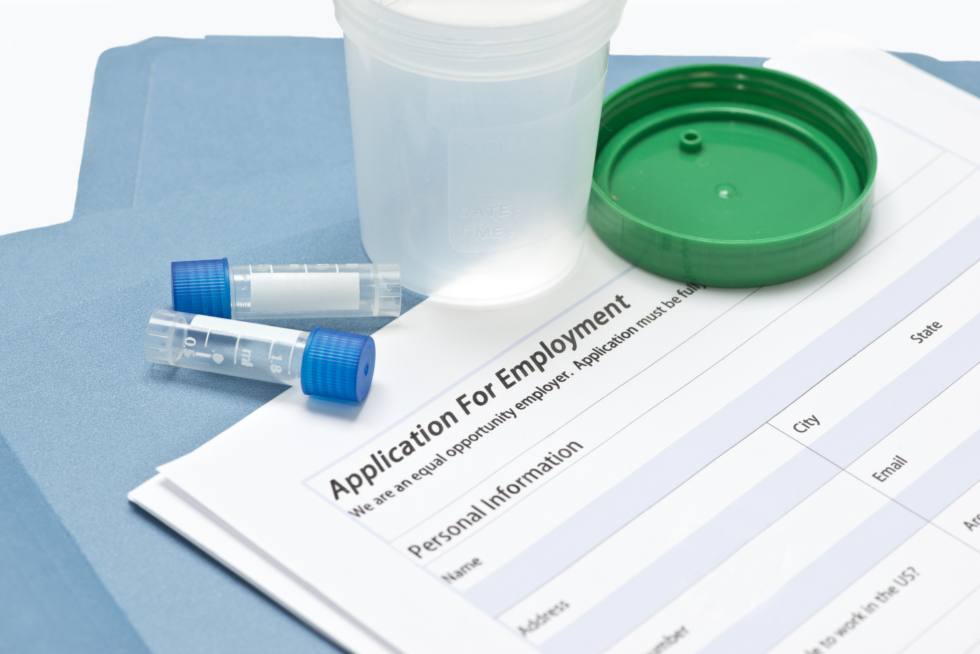Can a Drug Test Impact My Workers’ Comp Claim?
A failed drug test can derail a workers’ comp claim, but it doesn’t have to. By understanding your rights and your options, you have a better chance of avoiding having your claim denied.
After an on-the-job injury, employers have the right to request a drug and alcohol screening from the injured employee. Under Georgia law, a blood alcohol concentration of 0.08 within three hours of the accident creates the legal presumption that the accident was caused by alcohol use. Any amount of a controlled substance found within eight hours of the accident also creates the legal presumption that the accident was caused by drug use. Controlled substances include:
- Marijuana
- Amphetamines
- Cocaine
- Phencyclidine
- Opiates (including prescription drugs not administered by a doctor)
Refusing the test is your right, but it won’t get you anywhere as far as your claim is concerned—instead, it will be assumed that you would have failed the test had you taken it.
How to handle a failed drug test after a workplace injury
Failing a drug or alcohol test certainly complicates your claim, but it doesn’t mean an automatic denial of benefits. Typically, workers’ compensation is a “no-fault” system, meaning you can still receive benefits even if you’re to blame for your accident.
However, this changes when drugs or alcohol are involved, introducing a concept called rebuttable presumption. It’s now assumed that the accident was your fault because you were under the influence. To avoid having your claim denied, you have to show that the accident was completely unrelated to your state at the time the accident occurred.
For example, if you were injured when a co-worker loaded a shelf improperly and the shelf later collapsed on you, your previous drug or alcohol use had no bearing on the incident.
You may also be able to dispute the test and its validity. Georgia has many regulations in place regarding administering drug tests, including specifications on the way specimens are obtained and handled. If your employer or the lab performing the test failed to follow these regulations or had an irregular chain of custody, you may be able to argue that the test was invalid. It’s also possible to dispute the timing of the test.
A skilled workers’ compensation attorney can review your denied claim and help determine whether you still have a case. If your test was valid, it may still be possible to gather evidence showing that the accident was not your fault and had nothing to do with your drug or alcohol use at the time.
Your Georgia Workers’ Compensation Lawyer
A Georgia workers’ compensation lawyer can help keep your claim from being denied. At the Law Offices of Laura Lanzisera, we’ll work to explain Georgia’s workers’ compensation system and the benefits available for your injury or disability. Contact our office today for a free consultation or call us at 404-991-5097.

Leave a Reply
Want to join the discussion?Feel free to contribute!